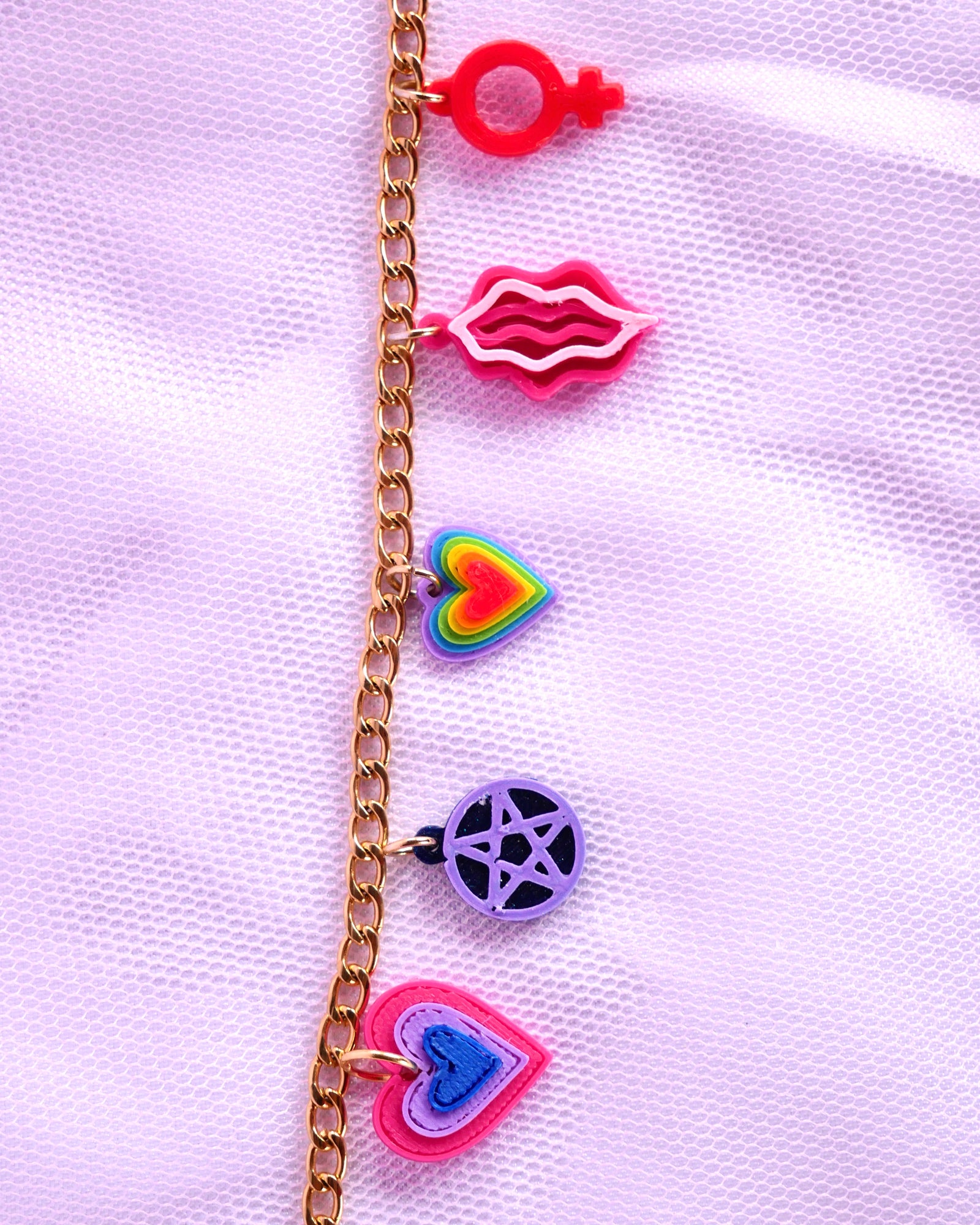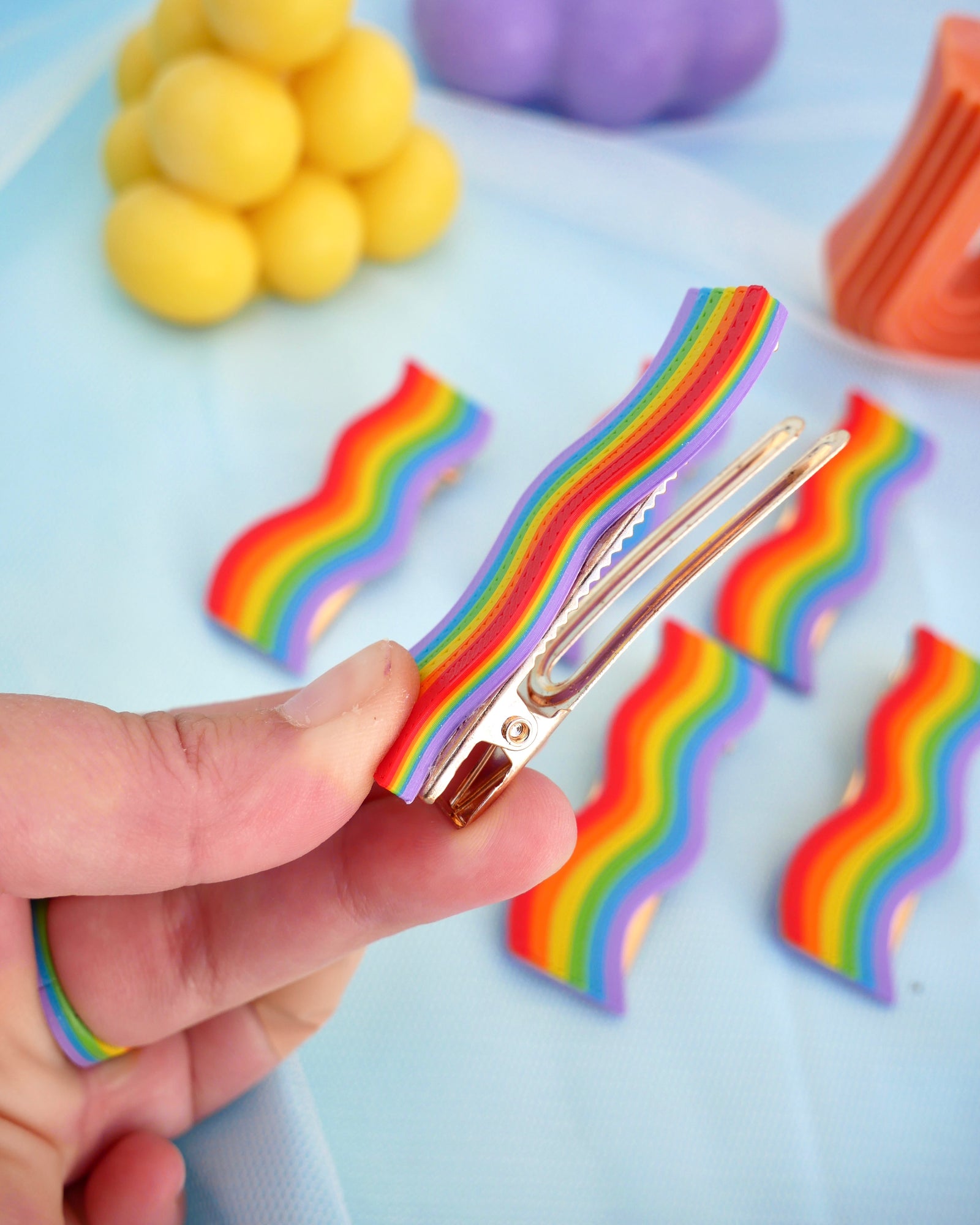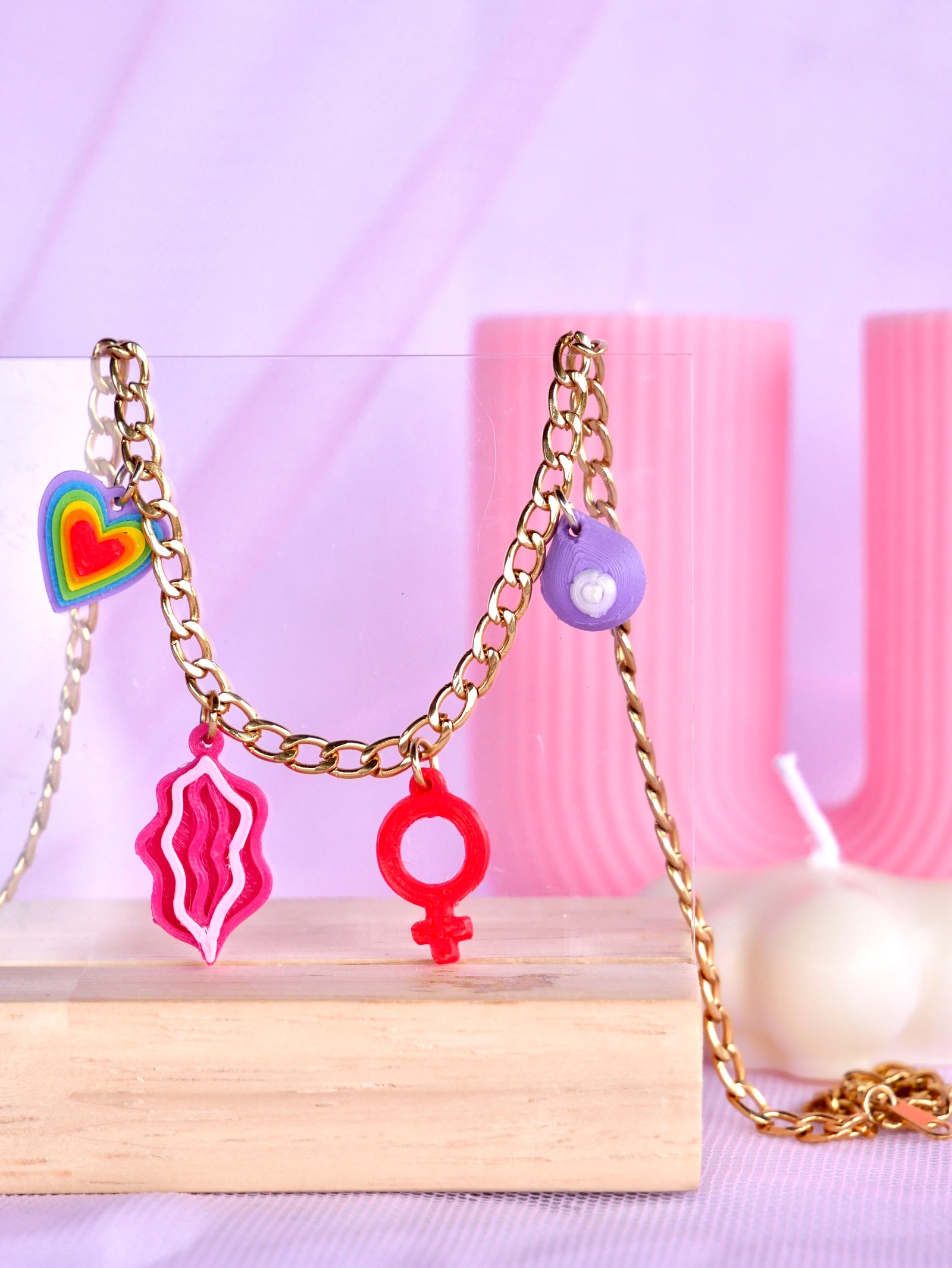GENDER IN THEORY: NATURE OR NURTURE?
December 10, 2020
After analysing the Lady Box and the Man Box, it is clear that men and women are expected to behave, and often do behave, very differently. But why are men and women different? Is it nature or is it nurture?
Today I thought to present to you some of the most prominent theories about gender, to help you see gender through different lenses and maybe develop a better understanding of what you feel and think gender is. So here we go!
ESSENTIALIST THEORY
This is probably the most common understanding of gender worldwide. Essentialists believe that gender is natural, that it is a consequence of our physical sex. They claim that your body determines your gender and nurture has little to no impact on it.
SOCIAL THEORY
Social theorists believe that nurture and socialization are what shapes gender. They argue that although bodies present differences, the meaning we ascribe to such differences are purely social constructs and have nothing to do with nature.
The social theory claims therefore that biology is indeed not destiny, and, for this reason, it has been used by the feminist movement for decades to claim new spaces and powers within society, such as the right to vote, to wear pants or to take birth control.
GENDER ROLES THEORY
Sociologists have been approaching gender through the lens of gender roles: the expectation that we will or won’t do something simply based on our anatomy. Gender role theorists claim that we start educating children to fit into one of these roles so early, that indeed it seems natural.
They also introduced the idea of “doing gender”: gender is something you do, a set of learnt behaviours and routines, rather than something you are, “biologically” (Candace West and Don Zimmerman, 1987).
The issue is that these early inquiries are often focused on the trans experience, providing trans lives as the ultimate example of “doing gender” and implying that most of us are naturally gendered, but some of us fall off of this natural path.
In reality,very few humans follow all the rules of gender in any given society. Rather, we all fall on a spectrum.
GENDER PERFORMATIVITY
Gender performativity theories started taking shape in the academic communities in the 1990s, largely due to Judith Butler.
Not too far from the Gender Role Theory mentioned above, Butler claims that gender is a performance: a set of acts that solidifies into a coherent identity.
She completely flips the idea that gender is an interior essence that influences our behaviours and claims that our behaviours provide an illusion of a stable interior self.
According to this theory we are all performing a part, trying to replicate behaviours that have been culturally built and associated with a certain gender. Therefore, trans women or men are not “fake” women or men (as some essentialists might define them), nor are they outliers as sociologists tend to portray them.
Leave a comment
Comments will be approved before showing up.
normale by Chiara
All of the blogs you can find on this website are by Chiara, the queer, disabled, transfeminist artisan behind normale.
Thank you for taking some time to read my pieces 💖
Recent Articles
-
Impostor Syndrome and Pansexuality - 3 year update
June 28, 2024
-
What *not* to do if your partner is Asexual
April 22, 2021











